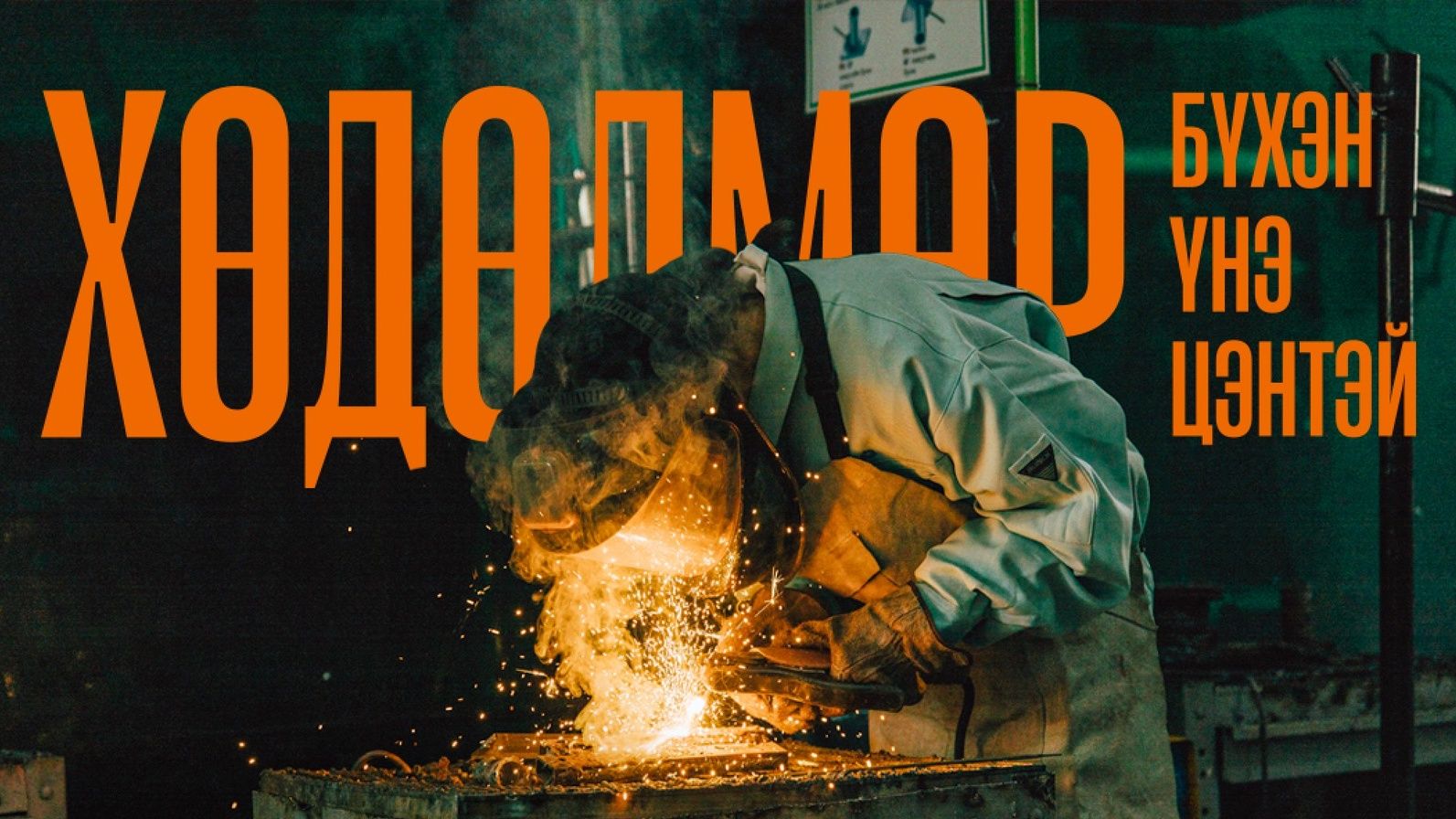Our
history
In 1990 when Mongolia started its peaceful transition to democracy, Zorig Sanjaasuren was at the forefront. As the General coordinator of the Mongolian Democratic Union - formal leader of Mongolia’s democratic revolution - S. Zorig was highly respected and recognized for his role in the successful transition of Mongolia from the communist rule to democracy. His assassination on October 2nd, 1998 became a dark day for all Mongolian people who loved and greatly admired Zorig. To preserve and continue his legacy, family, friends and colleagues established a foundation in his name; and on October 9th, 1998, the Zorig Foundation was born. Since then the Zorig Foundation has been working to aid in the advancement of democracy in Mongolia.
1998
Continuing S.Zorig's Legacy of Advancing Democracy
On October 9, 1998, the Zorig Foundation was established by the family, friends, and colleagues of S. Zorig, leader of Mongolia's democratic revolution, to preserve his legacy and advance democracy. In its initial years, the foundation focused on advancing good governance, focusing on projects that advocated transparency, freedom of the press, and support for anti-corruption campaigns. Today, the Zorig Foundation remains dedicated to its mission, extending its impact beyond democracy to actively support initiatives in youth development and education.
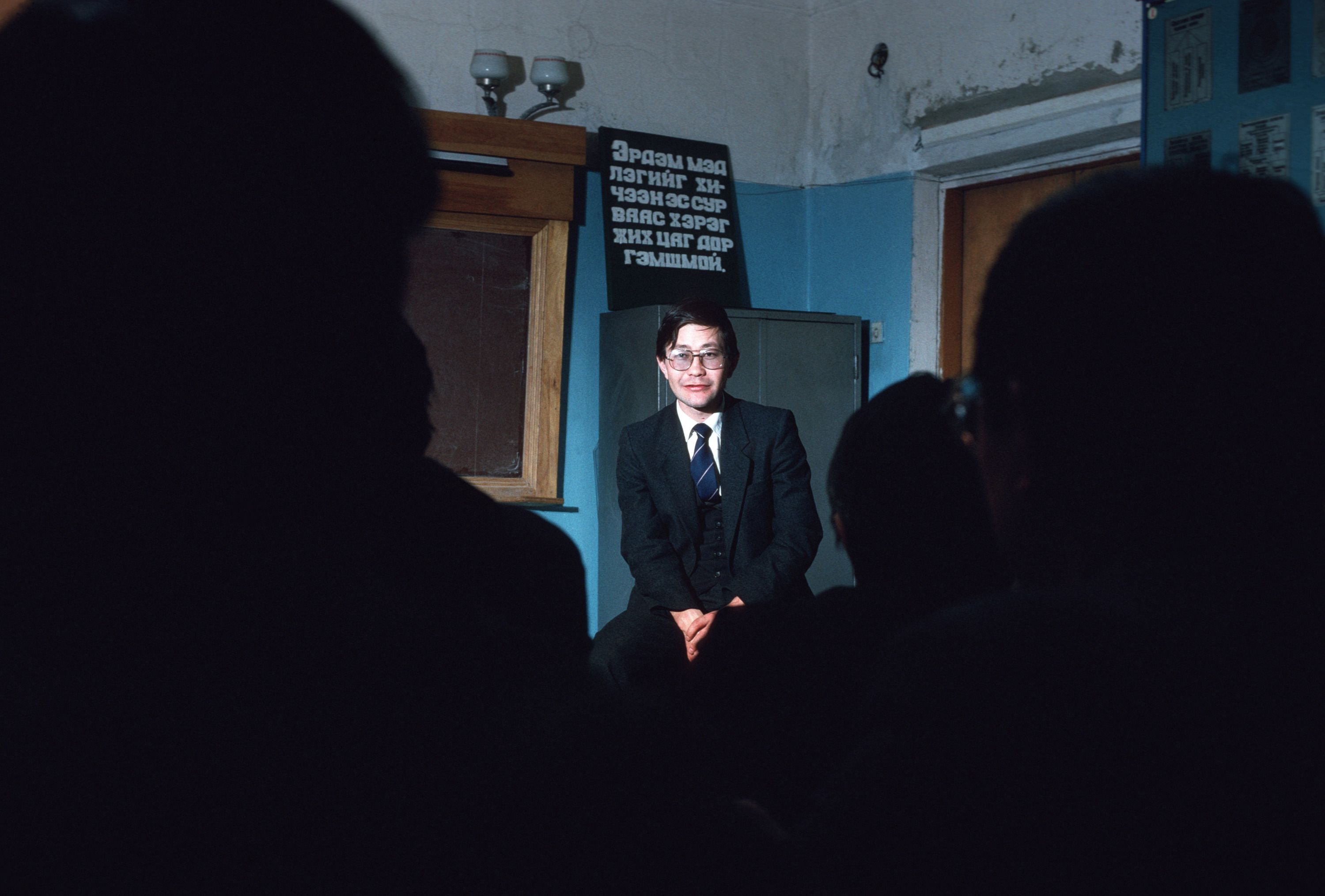
2000
Tackling Corruption in the Public Sector
With support from the Asia Foundation, the Zorig Foundation implemented the "Corruption and Civil Servants" project. Under this initiative, a series of seminars were conducted in collaboration with the Government Cabinet Secretariat for newly appointed civil servants. The seminars covered crucial subjects such as corruption in relation to politics, economic reform, social ethics, and strategies to combat corruption. In an effort to broaden public awareness, the Zorig Foundation compiled the seminar presentations into a published resource accessible to the public.
2001
International Conference on Good Governance
In February 2001, the Zorig Foundation, IRI, and ARDA co-organized the International Conference on Good Governance in Ulaanbaatar. Attended by 110 representatives from 14 countries, including provincial governors, political parties, international organizations, and media, the conference aimed to support Mongolia's "Good Governance for Human Security Programme." Emphasizing transparency, discussions covered key topics such as good governance, transparency and accountability systems, combating corruption, ethics of public officials, and the role of civil society and the private sector in shaping effective governance.
First Training on Investigative Journalism
In an effort to support freedom of the press, the Zorig Foundation facilitated the first training on investigative journalism for 60 journalists to equip participants with fundamental knowledge and practical experience in investigative journalism.
Raising Public Awareness of Corruption
To raise public awareness and prevent corruption, the Zorig Foundation initiated the "Today or Never" anti-corruption poster competition among artists.
First Scholarship Program
In 2001, the Zorig Foundation began providing domestic scholarships to support students from low-income families pursuing studies in local universities. With support from local and international organizations and individuals, the Zorig Foundation has granted over 2,920 scholarships to date, establishing itself as the largest provider of scholarships in Mongolia.
2002
Supporting Anti-Corruption Efforts
As part of the UNDP's Good Governance program, the Zorig Foundation organized a seminar on "The Role of the Press and Civil Society in the Fight Against Corruption." This seminar brought together media and NGO representatives to discuss the importance of the active participation of civil society and the press in spearheading the national campaign against corruption.
Second Training on Investigative Journalism
Renowned World Bank Media consultant R. McDonell led an extensive training session for 42 journalists on investigative journalism. During the training, McDonell shared insights, including a case study on how the Philippine Center for Investigative Journalism exposed corruption involving President Estrada.
2003
Leading the Way
Walter Jenkins spearheaded the launch of the Young Leadership Program by the Zorig Foundation, marking the inception of the longest-running leadership training initiative. This program is dedicated to fostering the personal and career growth of aspiring leaders, providing them with the essential knowledge and tools to make positive changes in their communities. Since its inception, the program has graduated over 450 alumni, contributing significantly to the development of future leaders in the country.
2004
Luby Jenkins School Pairing Program
The Ulaanbaatar-Denver Sister Cities Committee and the Zorig Foundation USA launched the School Pairing Program, an initiative that pairs secondary schools in Mongolia and the United States, facilitating meaningful connections between Mongolian and American students, teachers, and administrators. The program aims to encourage collaborative efforts in sharing knowledge of history, culture, and education. To facilitate ongoing interaction, each participating school hosts a dedicated club that enables students to connect and engage with their counterparts online.
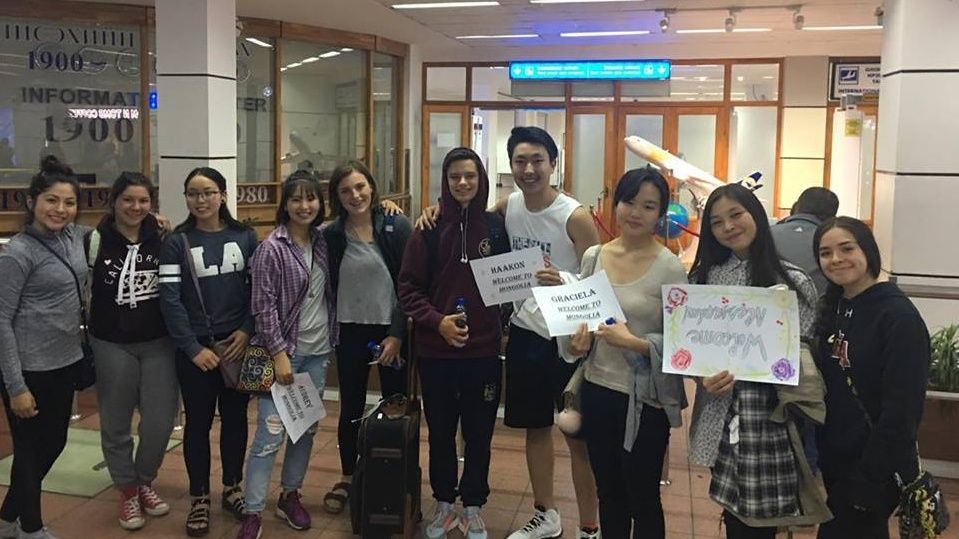
"On Democracy" Book
The Zorig Foundation distributed 10,000 translated copies of Robert Dahl's book, "On Democracy," translated by scholars D. Gankhuyag and Ch. Enkhbat. The initiative aimed to bolster public awareness of democracy, serving as a comprehensive guide that offers insights into the value, functions, and future challenges of democracy.
Oversight of National Anti-Corruption Program
In collaboration with a team of researchers from the National University of Mongolia, the Zorig Foundation monitored the implementation of the National Anti-Corruption Program approved in 2002. This comprehensive oversight extended across nine ministries and 16 provinces. The findings were compiled into a report, which was subsequently published and distributed to the public.
2005
"My Constitution, My Freedom" Comic Book
In collaboration with the Constitutional Court of Mongolia, the Zorig Foundation released a comic book titled "My Constitution, My Freedom." This publication, designed in a comic book style, is tailored for primary school children and simplifies the concepts of freedom and human rights outlined in Article 16 of the Constitution of Mongolia.
Strengthening Journalists
In collaboration with the Globe International Center and Press Institute of Mongolia, the Zorig Foundation implemented the "Media for Transparent Governance" project. The initiative included organizing a series of capacity-building trainings and seminars on investigative journalism for media organizations, journalists, and editors. Additionally, a dedicated team of journalists underwent an intensive 8-month training program as part of this project.
2010
For a Greener Future
The establishment of the Environmental Fellowship Program, an offshoot of the Young Leadership Program, symbolized a committed initiative to tackle environmental challenges in Mongolia. This program serves as a nexus for young professionals aspiring to deepen their comprehension of environmental issues locally and globally, empowering them to address environmental concerns within their communities. To date, the program has graduated over 260 alumni, nurturing lasting connections among dedicated environmental advocates.
2011
From Scholars to Leaders
The Mongolian Young Scholars Program (MYSP) was established amid the growing interest of students pursuing higher education abroad. Initially run by Mongolian and American volunteers, the Zorig Foundation took over program implementation in 2013. MYSP introduces high school students to a liberal arts education and provides guidance through the admission process into top universities worldwide. Having empowered 300 students, around 70% have successfully pursued studies abroad, underscoring MYSP's noteworthy contribution to the Mongolian education system.
2014
Expanding Leadership Frontiers: Start of Rural Initiatives
In a commitment to extend its initiatives to rural young professionals, the Zorig Foundation introduced the Rural Young Leadership Program. As an extension of the Young Leadership Program, this initiative is dedicated to enhancing the leadership skills of young professionals who work and reside in rural areas.
2015
Women's Leadership Program
The Women’s Leadership Program was initiated by the Australian Government in 2015 to equip Australia Awards Mongolia alumni with advanced leadership and decision-making skills, fostering gender equality in the workplace and cultivating them to become the next generation of Mongolian leaders. To date, the program has over 180 alumni, with 55% showcasing notable career progression.
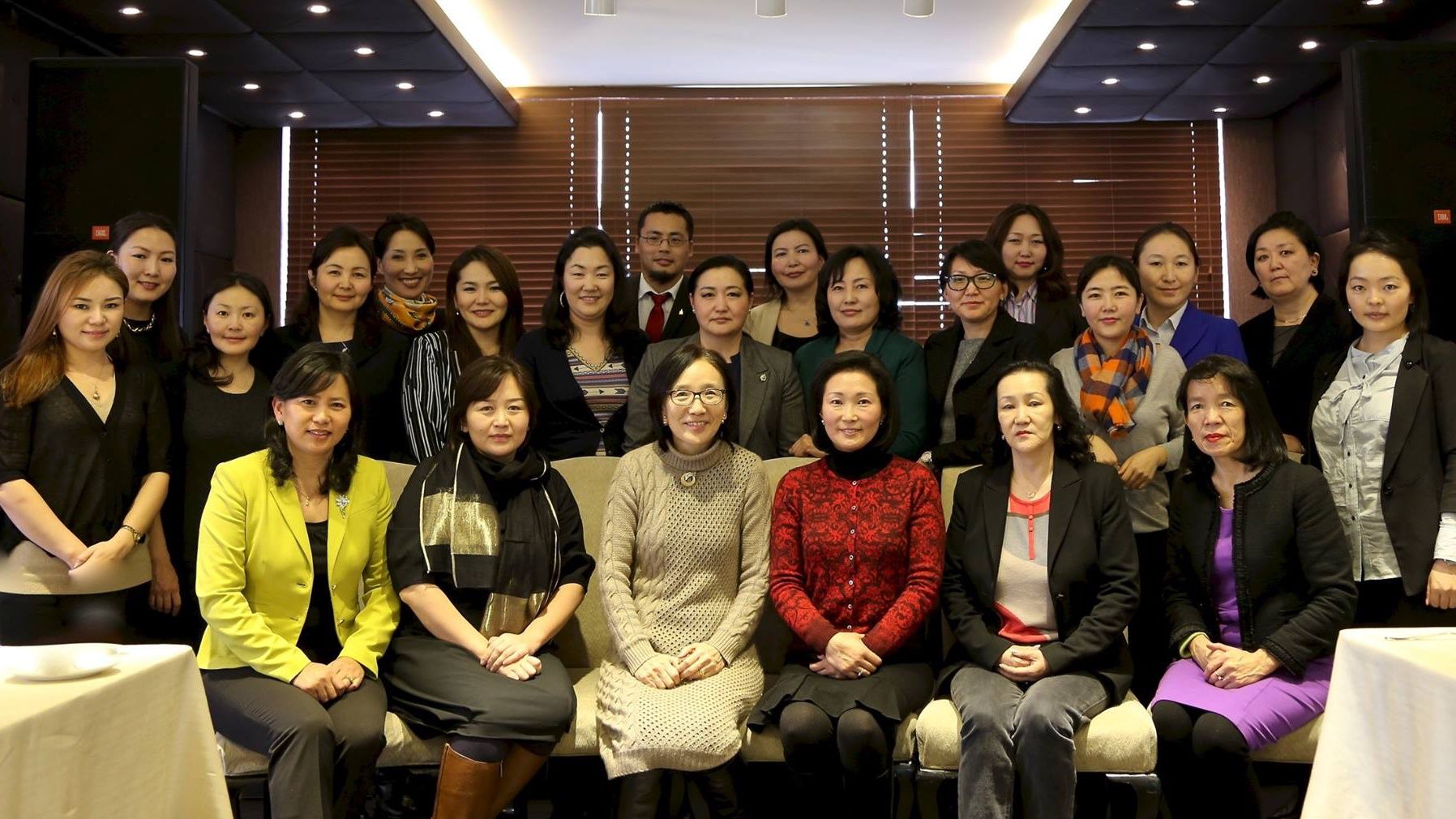
Democracy Summer Camp
Against the backdrop of growing distrust in democracy, the Zorig Foundation introduced the Democracy Summer Camp, supported by the Taiwan Foundation for Democracy. This initiative is designed to educate Mongolian youth on the fundamental principles of democracy, empowering them to become proactive change-makers and actively participate in democratic decision-making processes.
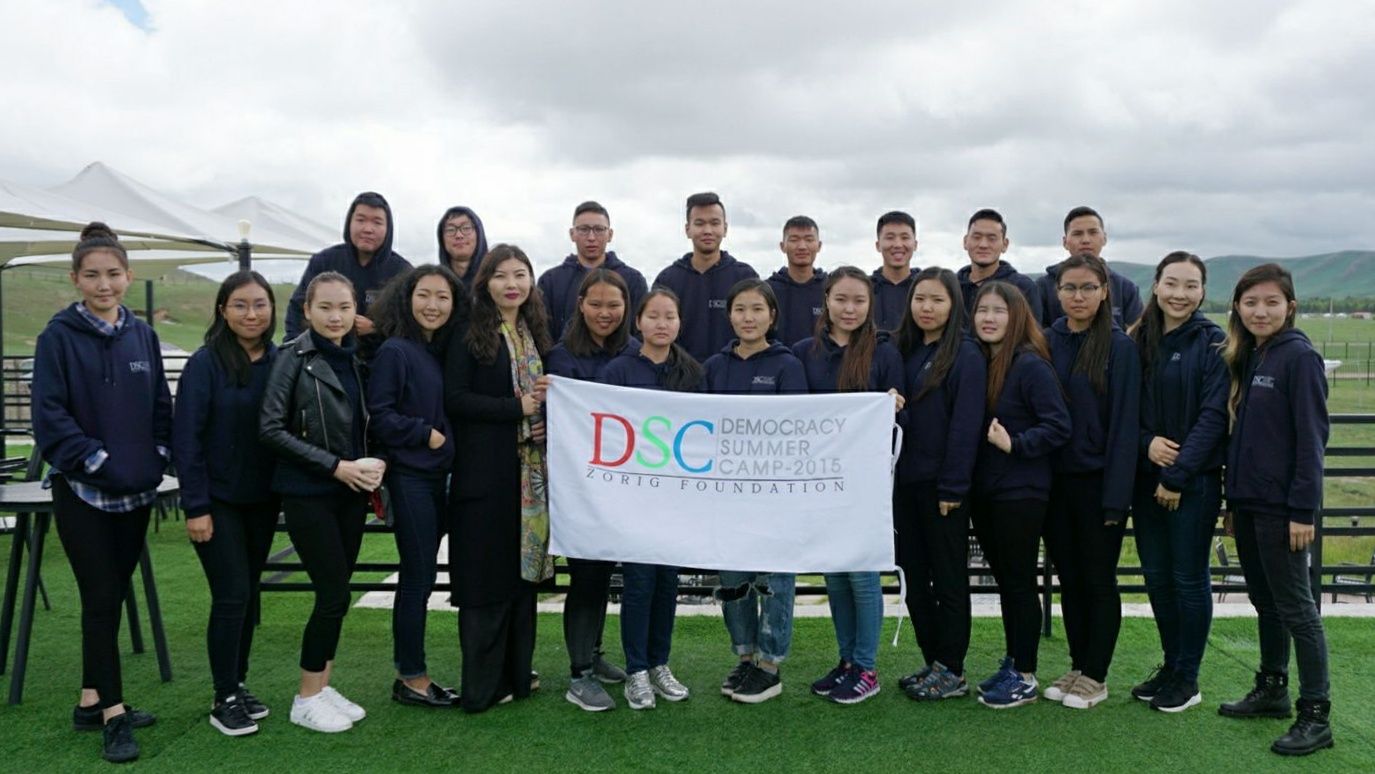
2016
Nurturing Engaged Young Citizens
The Zorig Foundation launched the Student Exchange Program (SEP), replacing the School Pairing Program, aiming to enrich high school students' understanding of democratic values, enhance their leadership skills, and empower them to be engaged citizens. While preserving the cultural exchange component of the previous program, SEP has transitioned into a civic education program, emphasizing a broader educational focus.
Nurturing Environmental Leaders in Rural Areas
Building on the success of the Environmental Fellowship Program, the Zorig Foundation introduced the Rural Environmental Fellowship Program. This two-week intensive leadership program is tailored for rural young professionals committed to environmental conservation and community well-being, providing a platform for self-development in areas where opportunities are limited.
2019
Social Entrepreneurship Bootcamp
With the support of the U.S. State Department, the Zorig Foundation and the Mongolian Association of State Alumni jointly implemented the Social Entrepreneurship Bootcamp to unite professionals from diverse sectors of society, offering them resources and opportunities to collaborate in creating innovative solutions to the intricate social challenges confronting the country.
Sustainable Employment for Youth Program
In collaboration with the Lorinet Foundation, the Zorig Foundation introduced the Sustainable Employment for Youth Program in response to alarmingly high rate of unemployment among youth. This initiative is designed to equip university graduates with essential skills and knowledge, paving the way for their eventual placement into full-time employment opportunities, and furthermore improving their income and quality of life.
Empowering Youth Voices
The Youth of Ulaanbaatar (YOU) Forum, gathering 400 young participants, was held to enhance youth engagement in civil society. This event provided a platform for young individuals to share perspectives on the challenges they encounter in society, fostering dialogue and inspiring them to actively contribute to solutions. Moreover, the Forum motivated youth to participate in community development by showcasing successful youth initiatives that have positively impacted society.
2020
UGLOO Campaign: Empowering Youth Voices
In collaboration with UBP Media and with support from the Asia Foundation, IRI, and USAID, the Zorig Foundation successfully organized the "Ugloo" youth participation social media campaign. This initiative, aimed at boosting voter turnout and promoting meaningful youth engagement, effectively informed and encouraged young people to vote.
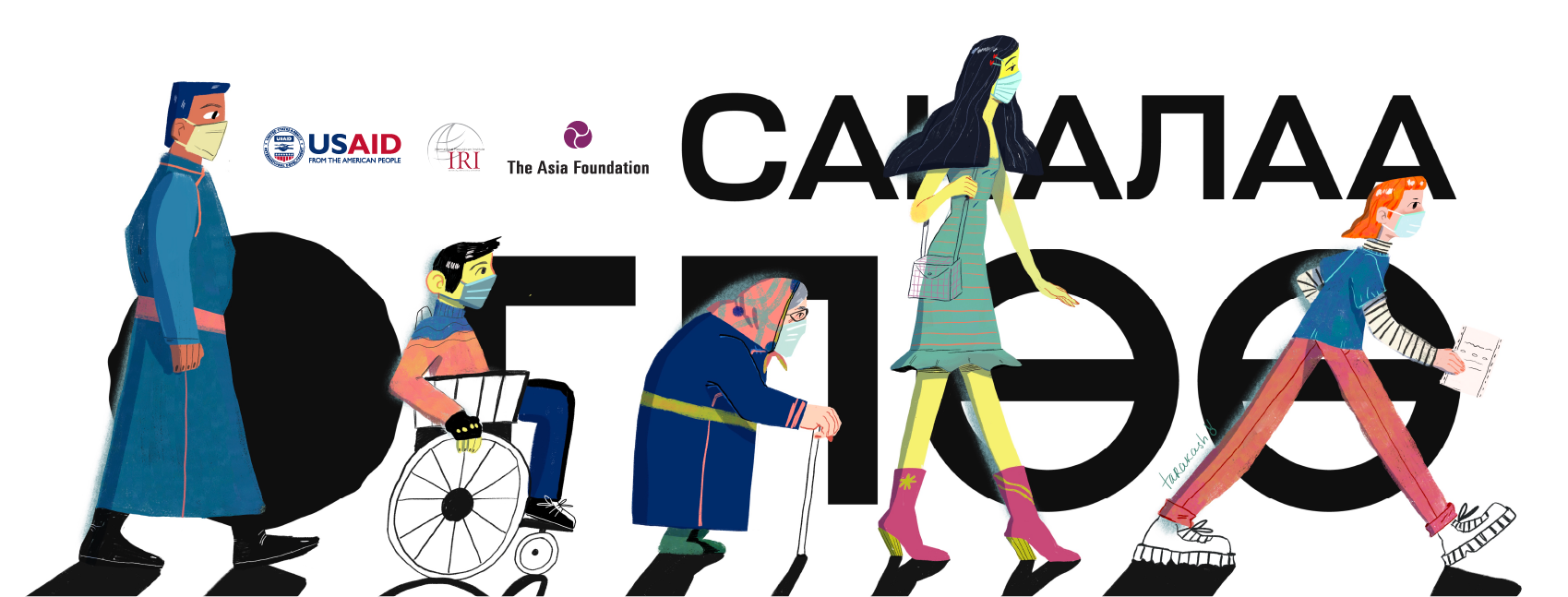
2022
ALHAM: Youth Employment Campaign
With an alarming youth unemployment rate of 58.8% among those aged 15-29, and a third of the working population unemployed, the Zorig Foundation took a proactive approach to the issue by launching a successful social media campaign to motivate and encourage young people to enter the workforce. The campaign focused on providing essential information and raising awareness about the challenges they face in finding employment.
